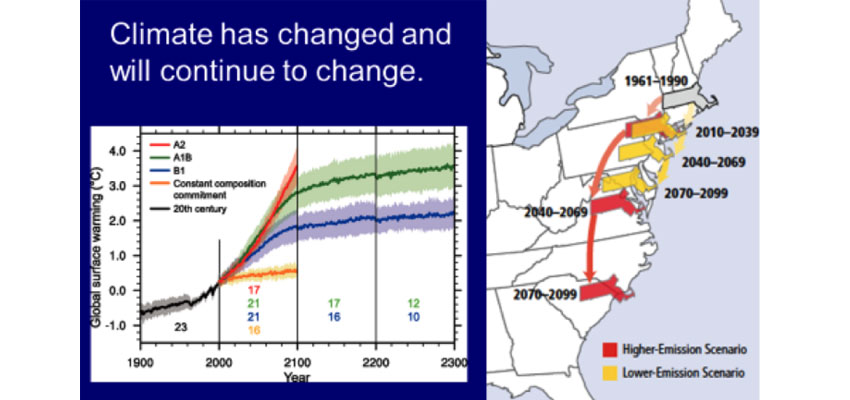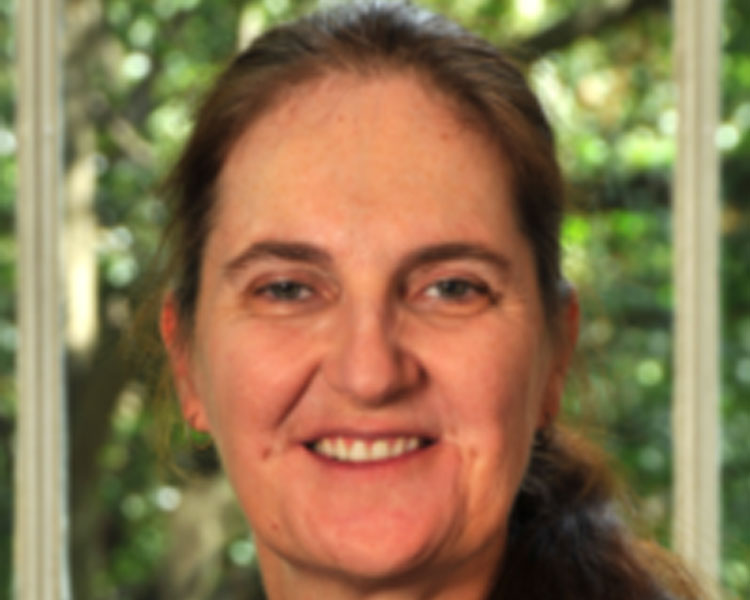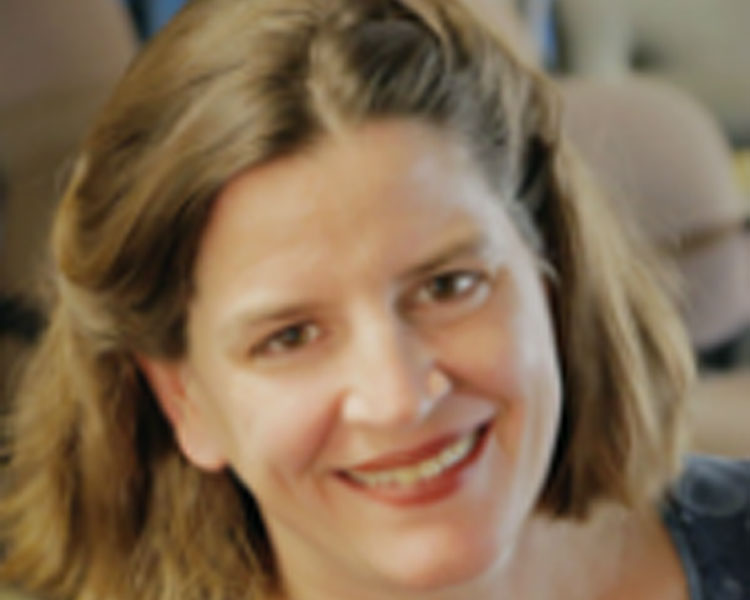
In the spirit of D-Lab pedagogy, “D-Lab: Water and Climate Change” is a project-based, experiential and transdisciplinary course. Highlights include:
- Local and global focus;
- Taking action and building capacity with partners and communities;
- Lunch-time film series;
- Field Trips including Boston Harbor boat trip, restored wetlands, flood protection areas, zero carbon homes, water and wastewater treatment facilities;
- Seminars & guest lectures, such as Ken Strzepek, MIT Center for Global Policy and Climate Change; Priyanka Chatterjee, Fossil Free MIT; Judith Nies, Author; Jeff Deyette, Climate and Energy Program, Union of Concerned Scientists; Bruno Marino¸ CEO, Planetary Emissions Management.
Learning Objectives
Structure: (i) Building a foundation in the science of water and climate change (ii) water and climate change problems and solutions. The course will have five learning objectives:
1.Water, climate change and Earth as a complex system. Develop a solid understanding of interrelationships of water and climate change in the context of the Earth as a complex system to provide the foundation for the “action learning” to follow. Lectures, discussions and text book reading assignments cover water and climate change in four time scales: tectonic climate change (last 300 million years), orbital climate change (last 3 million years), glacial/deglacial climate change (last 50,000 years) and historical and future climate change (last 1000 years).
2.Investigate the Transdisciplinary Problem: Focus on the current state of Earth’s climate change challenge through a transdisciplinary synthesis of core resources, drawing from science, engineering, governance, economic, the humanities and ethical perspectives. We will keep present and future human generations and the protection and preservation of all life at the center.
3.Identify One or Several “Solutions:” We will apply knowledge of “the problem” to a wide range of mitigation and/or adaptation solutions involving complex systems, sustainable development and climate justice ethics. Each student will select a topical area and/or teammate(s) and will develop a proposal outlining their innovative solution.
4.“Observing Water and Climate Change in your Backyard:” Experiential Learning and Field Trips: Local field trips will be a centerpiece of the experiential learning part of this course. Since climate change is affecting many coastal communities in the Boston area, we will take field trips to investigate fresh-water and marine sites that have been or potentially will be impacted by climate change. Field trips will include glacial, coastal flood and erosion sites, wetlands, native habitat sites, plus various water supply, wastewater treatment, zero carbon and/or carbon farming sites. Please note that some field trips may take place on a weekend day or over Spring Break, in order to have sufficient time.
5.Propose an Innovative Water/Climate Change Solution: Write a proposal and submit it to MIT Climate Co-Lab http://climatecolab.org/ or other relevant competition of your choice. The expression of your solution can be in one or several forms: If it is a proposal, then it should be written according to the template of the chosen Climate CoLab or other competition. The “Alternate Term Project Options” include a visual (create a video) or oral (teach a class) format, instead of the competition proposal option.
It is our intention that the class will be interactive, hard, deep, fun and hopefully, life-changing. We look forward to your engagement, as we take this journey together!
D-Lab: Water and Climate Change is a 12 unit, undergraduate (EC.719 U) and graduate (EC.789) course that meets on Tuesday and Thursdays from 1:00 – 2:30 pm at D-Lab, MIT N51-350. For more info, contact: Susan Murcott or Julie Simpson.



